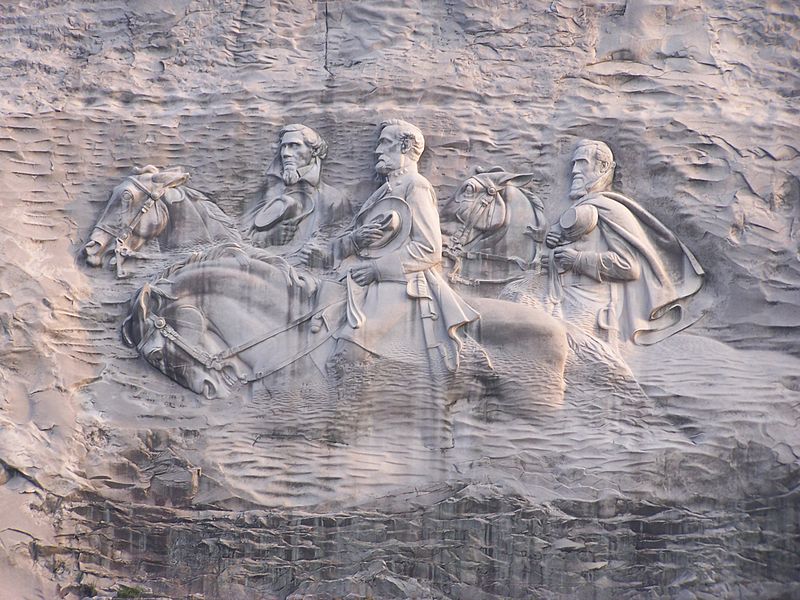Contemporary historian Charles Reagan Wilson aptly calls J. William Jones “the evangelist of the Lost Cause” and refers to him as “the single most important link between Southern religion and the Lost Cause.” Jones’s own generation knew him as “the fighting parson,” a Confederate chaplain who became a celebrity because of his close association with several Southern generals, and the author of many books. When Confederate general Robert E. Lee died, his family tapped Jones to serve as Lee’s biographer, and Jones produced his first book, Personal Reminiscences, Anecdotes, and Letters of R. E. Lee, in 1874. His other well-known books include the influential 1896 textbook School History of the United States and his remembrance of wartime life, Christ in the Camp; or, Religion in Lee’s Army, which appeared in 1886 and has often been reprinted since.
Before the Civil War (1861-65), Jones, a native Virginian, became interested in the ministry and belonged to the first class of the Southern Baptist Theological Seminary. He was ordained in 1860. During the war he helped form the Chaplains Association of the Army of Northern Virginia, and ministered to troops who served under Generals A. P. Hill, Thomas “Stonewall” Jackson, and Lee. He was indefatigable as a preacher and revivalist, once baptizing more than 220 men in a single year.
After the war Jones became embroiled in Lost Cause apologetics, arguing that the South had waged a just and holy war, and that the Confederacy produced “the noblest army… that ever marched under any banner or fought for any cause in all the tide of time.” He held the powerful position of secretary-treasurer of the Southern Historical Society for more than a decade (1875-87) and edited fourteen volumes of the society’s Papers, the major organ for the dissemination of Lost Cause ideology.
At the same time Jones became an influential leader of the Southern Baptist denomination. Especially notable is his service in Atlanta as the assistant corresponding secretary of the Home Mission Board, from 1884 to 1893. He became a well-known figure at the Southern Baptist annual conventions, and four of his sons followed him into the Baptist ministry. Decades before Chipper Jones and Andruw Jones of the Atlanta Braves baseball team were given the moniker, J. William Jones and his sons were affectionally known in Baptist circles as “The Jones Boys.”
In his final years Jones lectured and preached widely. His standard prayer opening wedded his two passions: “Oh, God! Our God, our help in years gone by, our hope for years to come—God of Abraham, Isaac, and Jacob, God of Israel, God of the centuries, God of our fathers, God of Jefferson Davis, Robert Edward Lee, and Stonewall Jackson,Lord of hosts and King of kings.”
On March 17, 1909, Jones died in Columbus while visiting one of his sons. He was buried in Virginia. A member of the Virginia Historical Society at the time wrote that Jones was “never 'reconstructed'” and while “worshipping Lee and Jackson next to his God, devoted his whole life to defending by tongue and pen the eternal righteousness of the 'Lost Cause,’ after it went down in defeat, and who at the last died not only in the 'faith once delivered to the saints,’ but in the good old Confederate faith.”






